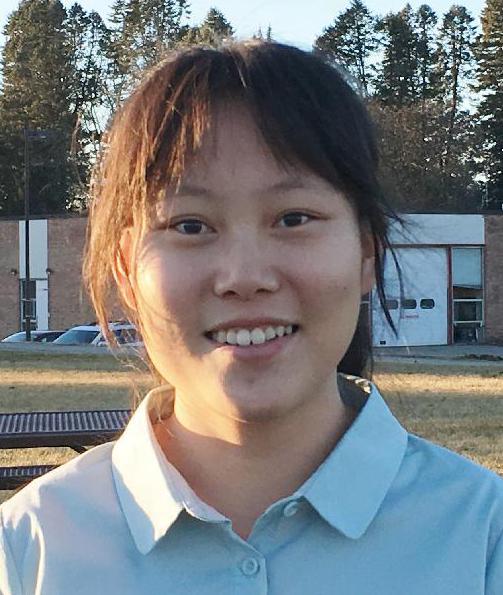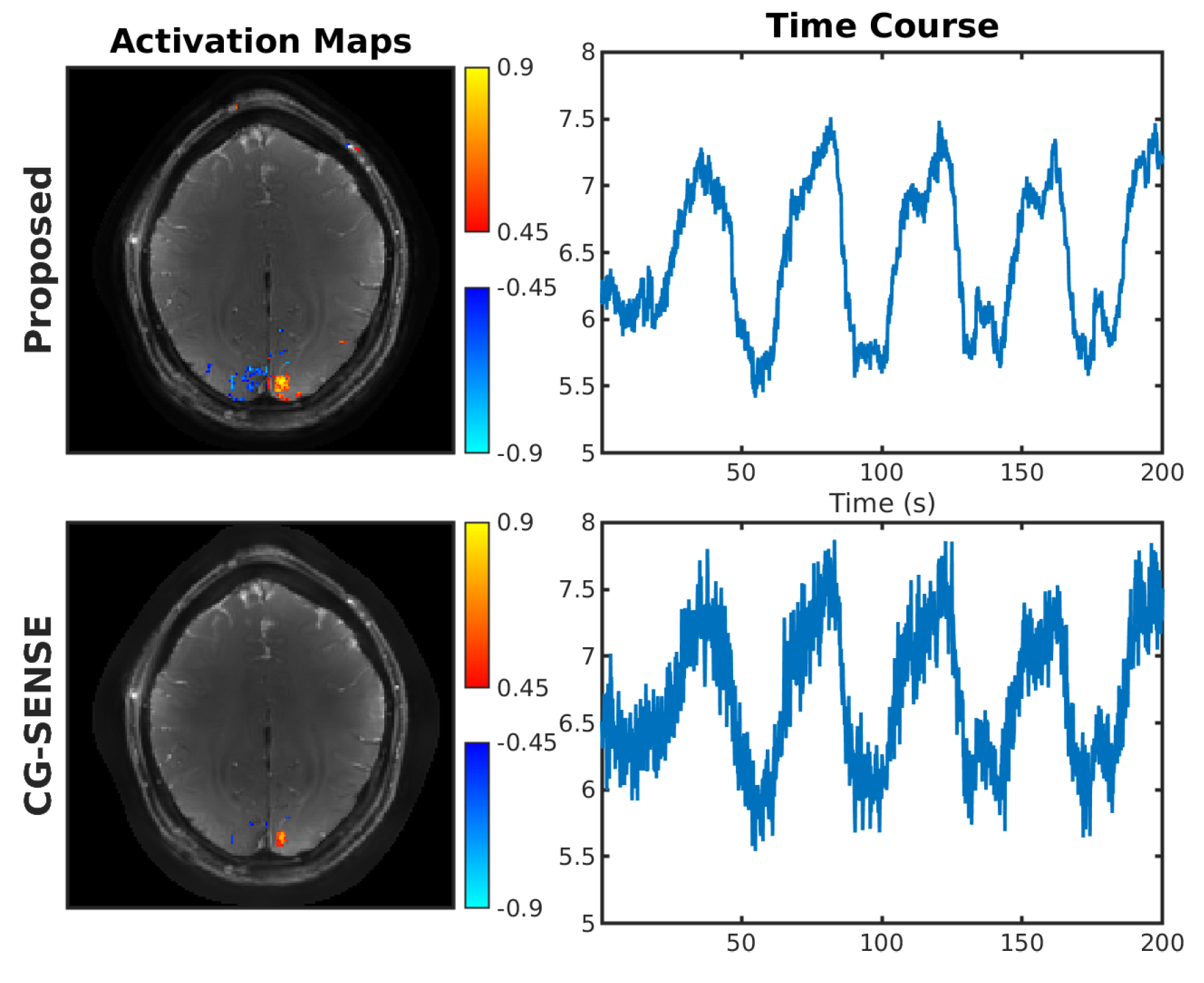Research to improve medical imaging of the brain receives Magna cum Laude Merit award
The interdisciplinary team was able to dramatically speed up the process while potentially doubling the quality of the image

 Enlarge
Enlarge
Shouchang Guo, a doctoral student in electrical and computer engineering, received a 2020 Magna cum Laude Merit Award for her research to better understand the brain through medical imaging.
“We are trying to track brain activity by acquiring a time series of brain images,” said Guo. “Because neural activity related MR signals are very small, and functional units of the brain are on the order of 1 mm or smaller, we are developing a tool for high-resolution fMRI to better understand the brain and diseases.”
The team, that includes Profs. Jeffrey Fessler and Douglas Noll, is working to improve the signal to noise ratio (SNR) of functional magnetic resonance imaging (fMRI), as well as speed up the process. An improved SNR will result in a clearer and more accurate image.
“The work uses a new fMRI acquisition method named Oscillating Steady-State Imaging (OSSI) that can improve SNR by 2-3 times,” explains Guo. “We build a manifold model based on the MR physics for OSSI signal generation to jointly reconstruct high-resolution OSSI images and quantify T2* changes in the brain.”

 Enlarge
Enlarge
The team was able to improve the acquisition time for an image by a factor of 12 while retaining high spatial resolution, and while also doubling the temporal SNR and the functional activation.
The research, “OSSI Manifold Model for High-Resolution fMRI Joint Reconstruction and Quantification,” by Shouchang Guo, Douglas Noll, and Jeffrey Fessler was presented at the 2020 International Society for Magnetic Resonance in Medicine (ISMRM) & Society for MR Radiographers & Technologists (SMRT) Virtual Conference & Exhibition.
It builds on work by Guo, Fessler, and Noll that received a 2019 Summa Cum Laude Merit Award for “Dictionary-Based Oscillating Steady State fMRI Reconstruction” at last year’s conference.
Fessler is the William L. Root Collegiate Professor of Electrical Engineering and Computer Science, and a professor of Biomedical Engineering and the Department of Radiology. Noll is the Ann and Robert H. Lurie Professor of Biomedical Engineering, and a professor of Radiology. He is also Co-Director of the Functional MRI Laboratory. Guo is co-advised by Fessler and Noll.
 MENU
MENU 
